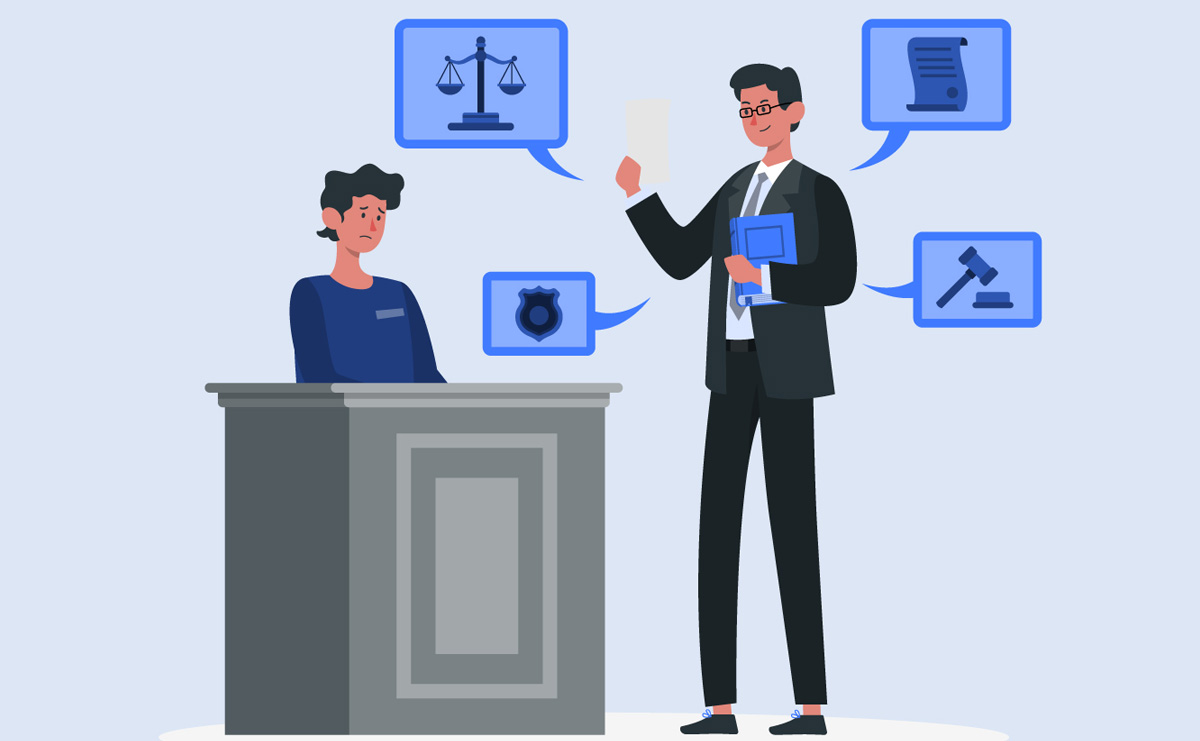Nondischargeable Debt
Nondischargeable debt is a type of debt that cannot be eliminated or “discharged” through bankruptcy proceedings. When an individual or a business files for bankruptcy, some debts may be forgiven, allowing the debtor to start anew. However, there are exceptions, and some debts are deemed nondischargeable, meaning they persist even after the bankruptcy process concludes.
Some common examples of nondischargeable debts include:
– Student Loans: In many cases, student loan debt is not dischargeable unless the debtor can demonstrate “undue hardship,” which is a high legal standard.
– Certain Taxes: Some tax debts may not be dischargeable, especially if they are recent or related to fraud.
– Domestic Support Obligations: Debts related to alimony, child support, or other family support obligations are typically nondischargeable.
– Government Fines and Penalties: Debts owed to government agencies for fines or penalties may not be dischargeable.
– Debts Resulting from Fraud or Misrepresentation: Debts incurred through fraudulent activities or misrepresentation may not be dischargeable.
– Certain Court Judgments: If a debt arises from a court judgment related to intentional harm or malicious conduct, it may be nondischargeable.
It is important to understand which debts are dischargeable and which are not when considering bankruptcy. Nondischargeable debts persist after bankruptcy, requiring the debtor to continue making payments or satisfying the obligation through other means. This can be a substantial financial burden, especially if the debts are significant.
Failure to meet obligations associated with nondischargeable debts can have legal consequences. For example, not paying court-ordered child support or alimony can lead to legal actions, including wage garnishment and other enforcement measures.
While bankruptcy itself has a negative impact on credit, having nondischargeable debts can compound the credit challenges. Credit reports may reflect the existence of these debts, potentially affecting the individual’s ability to access credit in the future. Bankruptcy can harm credit, but nondischargeable debts worsen it. These debts may appear on credit reports and hinder future credit access.



